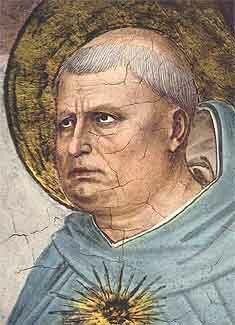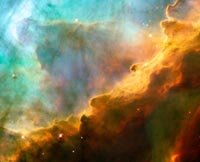More and more of the scientific community are beginning to view intelligent design as a valid scientific theory.
The Evidence in Cosmology
The Kalam cosmological argument is espousing a more powerful and compelling impetus. William Lane Craig desribes it as such:
- Whatever begins to exist has a cause.
- The universe had a beginning. Virtually all cosmologists agree that the universe had a beginning.
- Therefore, the universe has a cause. Astronomer Robert Jastrow says,
"The chain of events leading to man commenced suddenly and sharply, at a definite moment in time, in a flash of light and energy."
The Evidence in Physics
The "Anthropic principle" lead Patrick Glynn to abandon atheism. He says, "Today the concrete data point strongly in the direction of the God hypothosis. It is the simplist and most obvious solution to the anthropic puzzle."
The evidence in Astronomy
"If the universe had not been made with the most exacting precision we could never have come into existance. It is my view that these circumstances indicate the universe was created for man to live in." -John A. O'Keefe of NASA
The evidence in Biochemistry
Michael Behe has demostrated that Darwin's theory has broken down, through his description of "irreducibly complex" machines. An irreducibly complex system cannot be produced directly (that is, by continuously improving the initial function, which continues to work by the same mechanism) by slight, successive modifications of a precursor system, because any precursor to an irreducibly complex system that is missing a part is by definition nonfunctional.
The evidence in Biological Information
Stephen C. Meyer (Cambridge) has demonstrated that no hypothosis explains how information got into biological matter through naturalistic means.
The evidence in Consciousness
"You can't get something from nothing. If the universe began with dead matter having no consciousness, how, then, do you get something totally different--consciousness, living, thinking, feeling, believing, creatures--from materials that don't have that?" -J. P. Moreland
More...










